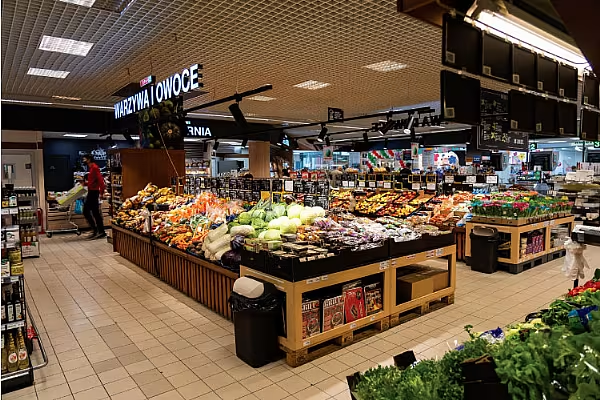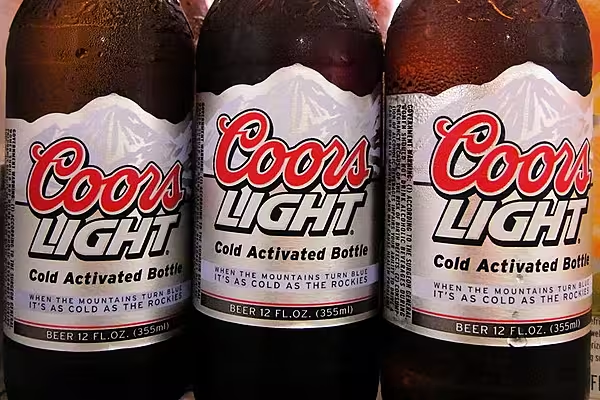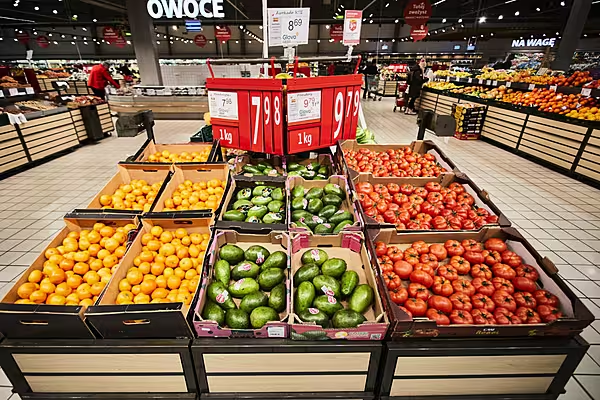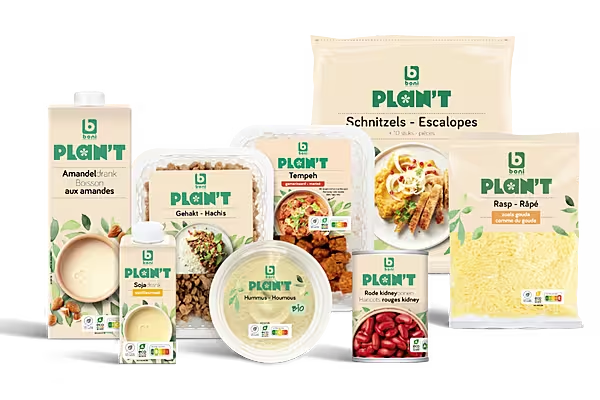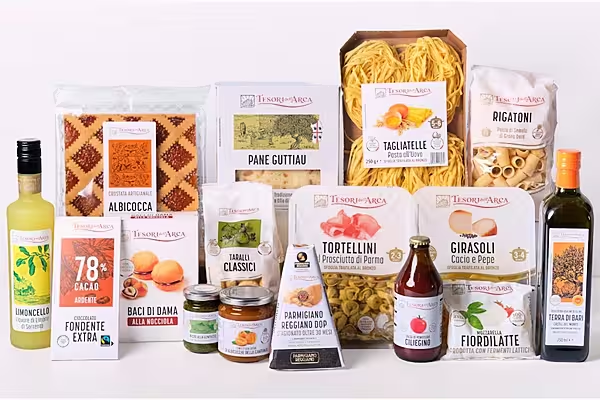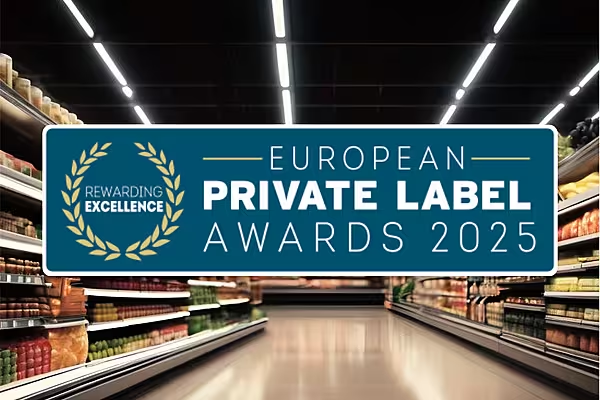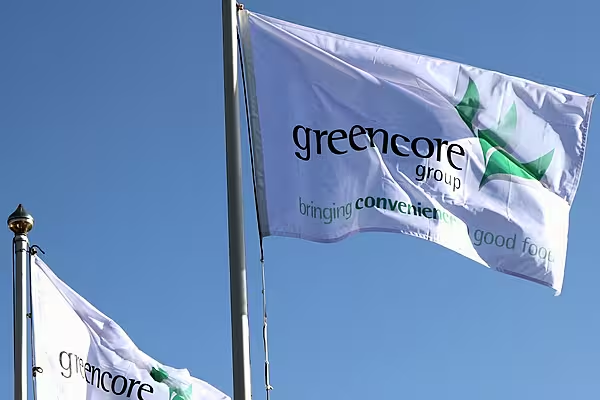Most Polish consumers have changed their way of shopping for FMCG products and are turning to private labels to save money.
Close to a half of consumers (47%) shopped at discount stores; 39% opted for products on sale, irrespective of the brand; and 34% focussed on necessities, Polish online publication www.dlahandlu.pl reported citing data from NIQ's Mid-year Consumer Outlook 2023 report.
The study also revealed that 47% Polish consumers believe store brands usually offer good value for money, while 42% consider them as good alternative to branded products.
Another 39% believe that some store brand products are of better or the same quality as branded items.
Growth Of Private Labels
According to Lauren Fernandes, global director of NielsenIQ ThoughtLeadership, sales growth of private labels outpaced other brands in most cases in the last 24 months.
Current dynamics indicate that the share of private labels could reach 25% of all grocery sales within the next decade, creating unique challenges but also opportunities for those who recognise this coming change, Fernandes added.
Karolina Zajdel-Pawlak, managing director of NielsenIQ in Poland said that retailers and suppliers need to recognise the increasing significance of private labels in the food industry for the foreseeable future.
Zajdel-Pawlak believes an effective approach involves product differentiation, fostering innovation, and aiming to establish a distinct market niche, rather than merely positioning products as a "budget-friendly alternative."
There is scope for growth in the Polish FMCG market despite difficult market conditions, the report noted and added strategies, such as introducing new, innovative products or offering premium products that fit current trends or meet unique needs, can still bring additional sales.
